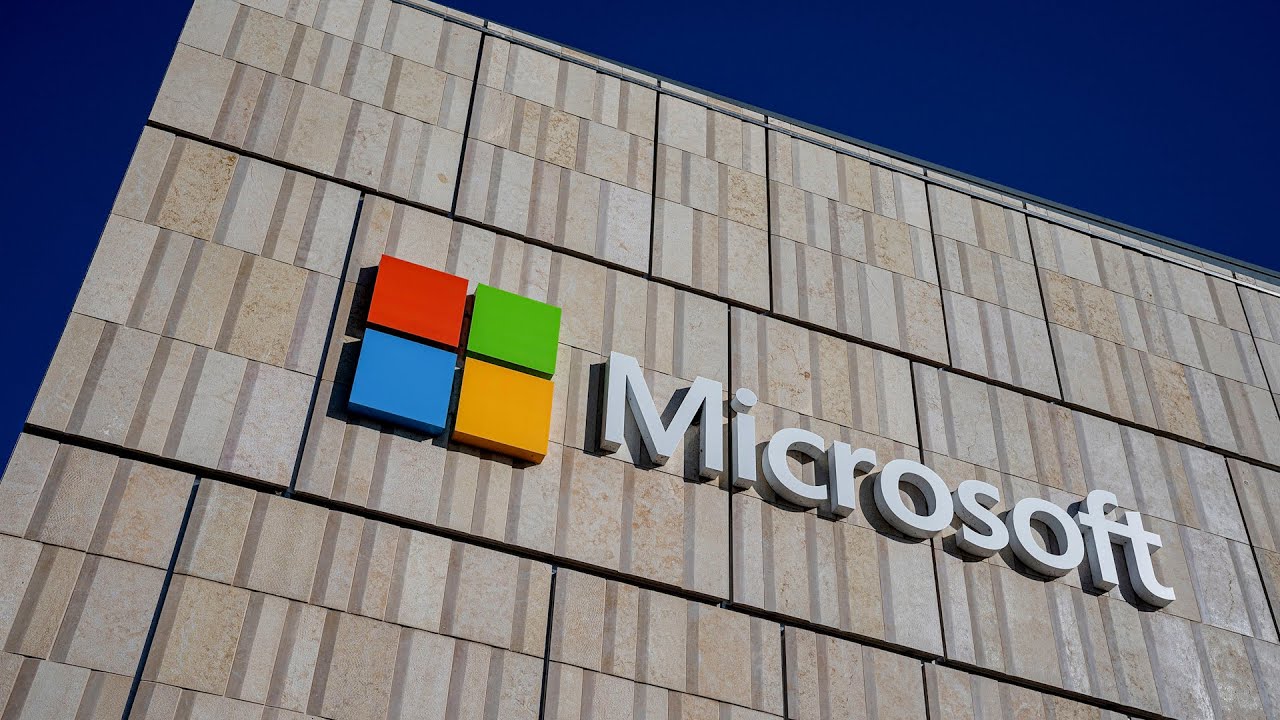Microsoft is reassessing its data center leasing strategy, pulling back from some leasing activities while focusing on securing capacity within existing cloud availability zones. This shift suggests a transition towards renting data center space in response to the growing demand for AI-related infrastructure, while still actively participating in a robust market alongside competitors like Google and Amazon.
In a recent discussion, analysts highlighted a noticeable shift in Microsoft’s approach to data center leases, particularly since September 2024. They observed a slight pullback in Microsoft’s leasing activities in certain U.S. markets, which continued into October. This trend indicates that Microsoft is reassessing its data center leasing strategy, moving away from some incremental leasing activities that were previously under consideration. However, it is important to note that Microsoft remains active in the market, albeit with a focus on different locations for capacity.
The analysts pointed out that Microsoft is now concentrating on securing capacity within its existing cloud availability zones. This shift aligns with comments made by Microsoft CEO Satya Nadella regarding the need for revenue generation through AI. The emphasis on existing zones suggests a strategic pivot rather than a complete withdrawal from the market. The ongoing activity indicates that Microsoft is still committed to expanding its data center capabilities, albeit with a more cautious approach.
Additionally, there are indications that Microsoft may be transitioning towards a strategy of renting data center space rather than building new facilities from the ground up. This observation was reinforced by insights from Bloomberg intelligence analysts, who noted that this shift could be a response to the accelerated demand for AI-related infrastructure. Historically, Microsoft has utilized a mix of self-built and leased data centers, but the current landscape may prompt a greater reliance on leasing from third-party operators.
Despite the adjustments in leasing strategies, the overall demand for data centers remains robust. Analysts emphasized that Microsoft is still actively participating in the market, alongside other major players like Google and Amazon, who are also ramping up their data center demands. The strong demand signals a healthy market for data center operations, driven by the increasing needs associated with AI and cloud services.
In conclusion, while Microsoft is recalibrating its data center leasing strategy, the company continues to demonstrate a commitment to expanding its infrastructure. The focus on existing cloud availability zones and a potential shift towards renting rather than building reflects the evolving landscape of data center operations. Overall, the demand for data centers remains strong, indicating a vibrant market that is adapting to the growing needs of AI and cloud computing.
